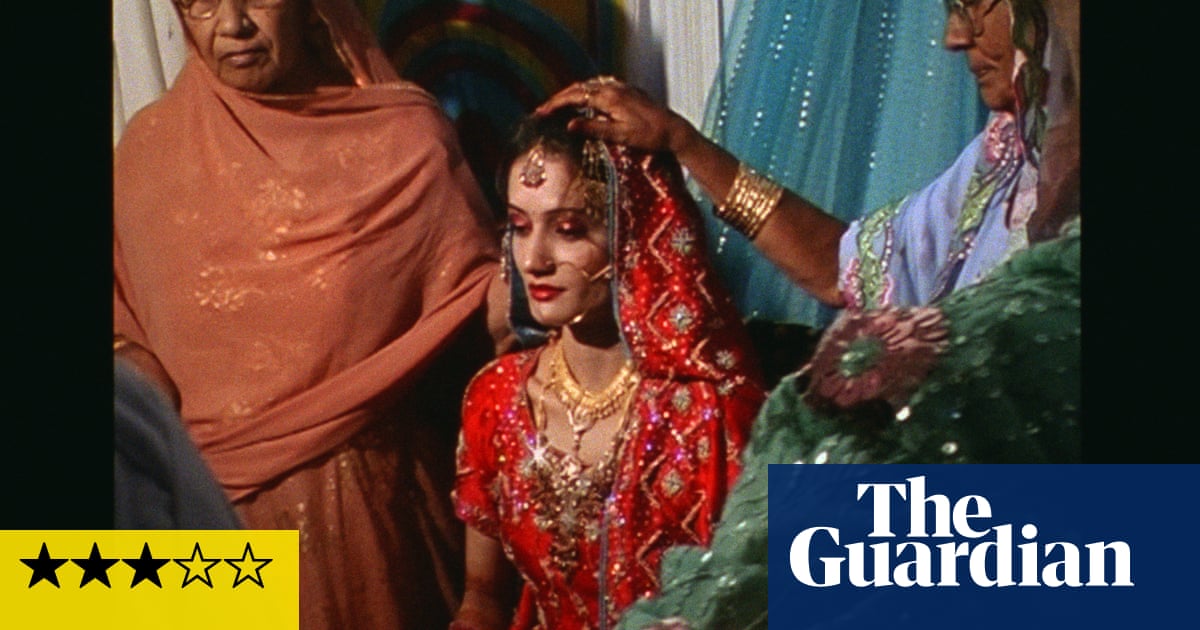
Shot over the course of 15 years, Anita Mathal Hopland’s documentary provides a cinematic bridge between two countries. Born in Denmark to a Norwegian mother and a Pakistani father, the director lived in Copenhagen yet found herself unmoored between cultures. Camera in hand, Hopland makes several trips to Moosa Lane, the street in Karachi, Pakistan’s largest city, where 25 members of her father’s family share a single dwelling. Through her lens, she lovingly documents the colourful day-to-day lives of her relatives. In the face of diasporic longing, the act of filming embodies a desire to connect and set roots in a world divided by borders.
Focusing on three of her family members, Hopland’s film also observes changing cultural attitudes among Pakistani youths. Readying herself for an arranged marriage, Hopland’s niece Saima is content to follow tradition. Meanwhile, Alishba, who was only two years old when shooting started, has grown into a spirited teen who dreams of pursuing financial and professional independence. A ball of energy, Alishba approaches the dangerous streets and the beautiful open beaches with the same zest for adventure. As Hopland’s camera zigzags between Karachi and Denmark, the montage articulates how the idea of free movement is reserved only for the privileged. Her journeys to Pakistan had always been one-sided, as it was nearly impossible for her relatives to travel to Europe, for economic and visa reasons.
Zayn, Hopland’s charismatic nephew, does manage to come to Copenhagen; his luggage full of delicious mangoes for his loved ones abroad – but a tragedy soon strikes. Such cruel ellipses of life further emphasise the nonlinear nature of displacement and marginalisation. While bookended by musings on the beginning of a child’s existence, Hopland’s film makes clear that not everyone is born with the same rights.
Source: theguardian.com





















